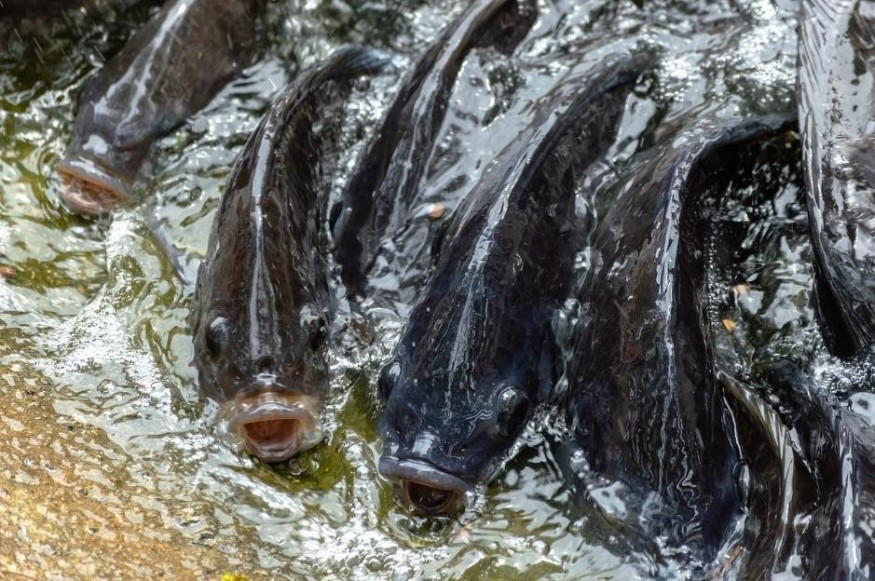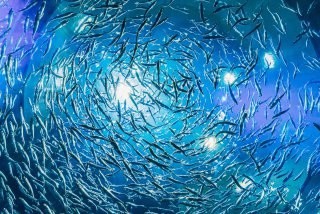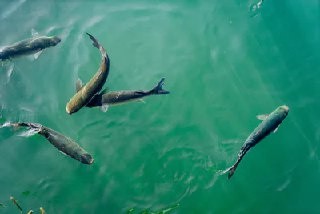According to a new study, those concerned about fish and seafood's health should choose clams, mussels, or seaweed over common fish such as farmed Atlantic salmon and trout, which have more specific welfare requirements and are more likely to feel pain and suffering.

A study of more than 400 species farmed around the world showed little scientific proof of the behavioral and environmental needs of approximately 80% of marine species.
According to study co-author Becca Franks, a research scientist at New York University, the "enormous" lack of knowledge would "translate into serious misery for human animals."
The research, published in the journal Science Advances, discovered that failing to have the right environment and properly treat aquatic animals would result in birth defects, reduced mobility, aggressive behavior, and intense pain during slaughter.
The Economics of Aquaculture

The aquaculture industry should concentrate on cultivating simpler species with less welfare and environmental threats, such as seaweeds and bivalves like oysters, mussels, and clams.
According to Franks, intelligent creatures such as octopus should not be farmed at all.
Over the last few decades, the global aquaculture industry has risen to a size of $250 billion (£182 billion). Aquaculture has been criticized for detrimental effects such as deforestation, reliance on wild fish for feed, and overuse of antibiotics. It was described as a response to the exploitation of wild fish stocks.
According to the report, health should be taken into account as well. Fish have long-term memory, can solve challenges, work with other animals, and sense discomfort, contrary to popular opinion. Octopuses and other cephalopods can solve puzzles, traverse mazes, and open jars. Crayfish display emotional behavior, such as fear and tension, and spiny lobsters have advanced navigation skills.
Legal Ethical Consideration
Although there are legal safety requirements for terrestrial farmed cattle, the study claims that standards for marine animals are either lax or non-existent. According to the paper, many of the farmed species are not biologically adapted to life in captivity. Franks explained, "We're actually only involved in this big experiment with absolutely no details on who these animals are."
For example, Rainbow trout and Atlantic salmon are extensively farmed, but they "are very competitive and don't like being around people," according to Lynne Sneddon, a biologist at the University of Gothenburg and a fish pain specialist. Species like tilapia, on the other hand, are more suited to being farmed because they are far more sociable and happier in higher densities, according to her.
Ethics of Fish Farming
Some aquatic farms, such as those in Norway and the United Kingdom, have been blamed for their crowded sea pens, sea lice infestations that cause debilitating lesions, and high mortality rates.
After a video surfaced in February showing fish being left on the floor to suffocate and their gills being removed while they were still alive, Waitrose and the Co-op also suspended deliveries of farmed salmon from a plant run by the Scottish Salmon Company.
"These animals are living beings, capable of feeling discomfort, anxiety, and tension, and yet we farm them in environments that would not be suitable for mammals or birds," Sneddon said.
Innovations in Aquaculture

"Things are changing quickly in terms of research being conducted and made public, and there is a tremendous potential to better discuss welfare," Janneke Aelen, standards coordinator at the Aquaculture Stewardship Council, a scientific-based classification body for fish farming, acknowledges that the science behind welfare is less than optimal.
Read also: Seafood's Secret Ingredient: Microplastic
For the most recent updates from the animal kingdom, don't forget to follow Nature World News!
© 2026 NatureWorldNews.com All rights reserved. Do not reproduce without permission.





